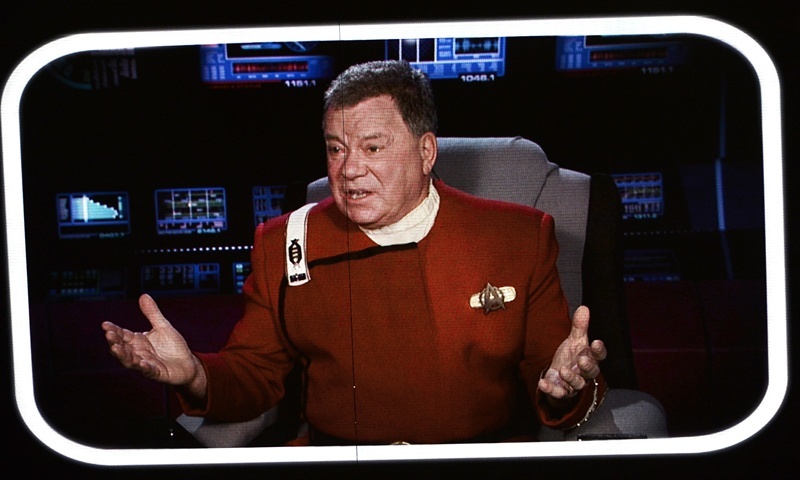I’m a science fiction fan. No, don’t close the tab. Stick with me. I’m going somewhere with this, honestly. Just grit your teeth and wait for the fifth paragraph.
Science fiction is full of all sorts of possibilities. Despite its reputation of some of its enthusiasts as being reluctant to accept change, I’m a firm believer that you need to have an open mind to enjoy the genre properly. You need to be ready to accept all sorts of new ideas and, with that in mind, one of my favourite things about science fiction is the alternate universe.
The idea is simple enough: as part of an established story, you are presented with an alternative with slight, but very exciting, differences. So that gives us great stuff like a comic all about a Communist Superman, or the Star Trek episodes set in the dystopian Mirror Universe, or and this is the most common theme a world where the Axis powers won the Second World War. It’s enormous fun, if a little depressing sometimes.
Our interests influence how we look at the world, so I can’t help defining our move to Canada in science fiction terms: it’s a bit like living in a parallel universe. Please don’t think that’s a criticism of the place. There are plenty of beards here but, unlike Star Trek, that doesn’t necessarily make anyone evil. What I’m getting at is this: when you go to a new country, it’s the little differences you notice most.
We have arrived here as adults who are equipped to cope with modern life. We drive to the shops and buy things. We go to the cinema and we have an occasional beer and, if we’re lucky enough, we even go to work. The important things don’t change, but the little things do and that’s the big challenge.
Driving’s a big one. Of course, we’re driving on the right but that’s easy enough to cope with. Where it becomes a problem is remembering the traffic lights are strung above the road, and some pedestrians have a “green man” even when the traffic gets a green light, and the right lane is going to leave the highway soon, and so on.
Then there’s what we used to call “getting the messages” but now refer to as grocery shopping. The first time I tried to buy milk in Canada, I found myself standing in front of this huge fridge full of transparent bags of the stuff. There’s no semi-skimmed or skimmed it’s defined in percentages of fat. It’s in different amounts with different special offers and, that first time, just off a plane, I just couldn’t do it. I had to go home and Google it. I was a 40-year-old experienced journalist with a university education and I was simply unable to buy milk. Such is life beyond the mirror.
Gradually, these problems work themselves out. You find your way around, learning little things until you can almost pass for human. You begin to understand the money and the slang and the road markings. You become used to your new life, with fainter and fainter memories of the other universe, the other continuity.
But if this is a Mirror Universe, reality beats fiction in one important way. In science fiction, the changes tend to make things nasty, so the hero will fight to keep the status quo. It’s all about giving the narrative some momentum. Here in the real world, however, the changes can be positive. This is the world where Superman is a hero, where Hitler got what he deserved and where Captain Kirk threw his evil twin off a cliff. This is the happy ending.
It needs some cool robots, though.
